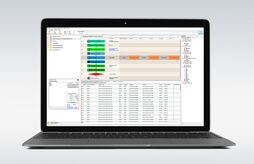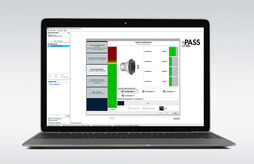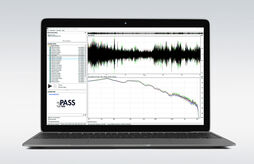Speech recognition
Voice assistants
Whether smartphones, PCs, voice-controlled IoT devices like smart speakers or cars – manufacturers of all different kinds of technology are adding voice assistants to their technology.
Whatever the application, the better the speech recognition systems recognize speech and execute the commands correctly, the more natural the dialog and the more robustly they operate in everyday situations, the greater their acceptance. To ensure this, these voice assistants have to be properly tested and optimized.
Product optimization
For manufacturers of devices equipped with voice assistants, testing their products under realistic acoustic conditions poses a real challenge. All the factors that impact equipment performance have to be reflected in these tests, including:
- Talker position and movement
- Realistic speech (Lombard effect)
- Speech and talker dependency
- Competing talkers
- Background noise and echo simulation
- “Barge-in” capability in multimedia operation (quality of echo compensation)
Efficient solutions
Our measurement, analysis and simulation solutions allow device manufacturers to test their speech recognition systems in an automated, time-efficient manner and optimize them for any application scenario. The test sequences cover acoustic reality and user behavior, can be standardized or configured for specific customer requirements and can be reproduced at any time in the laboratory.
They allow for testing to industrial standards such as Siri®, Google AssistantTM and Alexa as well as a range of automotive OEM standards.










